Celebrating Black History Month: Nine Notable People With Hearing Loss
Time to Get Inspired
With an estimated 466 million people touched by hearing loss — including some 3.6 million in Canada alone — many icons in pop culture, politics, academics, and beyond have experienced this issue in their own lives. For Black History Month, we’re showcasing nine inspiring people with hearing loss.
1. Nakia Smith
Every culture has language, and Canadian TikTok influencer Nakia Smith is helping ensure Black American Sign Language (BASL) is acknowledged and amplified. Developed during segregation when Black students were barred from attending the first U.S. school for deaf people, BASL is an expressive source of community and connection that Smith is working to share with more people in the world.
2. Whoopi Goldberg
Oscar-winning actress, comedian, activist, writer, and “The View” moderator, Goldberg cites longtime exposure to loud music as the reason for her hearing loss, according to published reports. The Sister Act and Ghost star, who has collaborated with the Starkey Hearing Foundation, wears hearing aids and has advised others to take care of their hearing health.
3. Tamika Catchings
The four-time Olympic gold medalist and retired WNBA great of Indiana Fever fame was born with a hearing loss, using the experience to help fuel her drive to win. “In the classroom, kids could make fun of me for being different,” wrote Catchings in a 2011 ESPN profile. “On the soccer field (my first sport) and eventually the basketball court, they couldn’t. I outworked them, plain and simple.”
4. Andrew Foster
Being the first African American to hold a Bachelor of Arts degree from Gallaudet University, the renowned school for deaf and hard-of-hearing students, was one of many pioneering moments for Foster, who then earned two master’s degrees at other institutions and eventually launched more than 30 schools for the deaf in over a dozen African nations.
5. Halle Berry
An alleged domestic violence incident led to Berry’s hearing loss, but the Oscar-winning actress, activist, beauty brand partner, and X-Men megastar didn’t let that setback torpedo her goals. Berry, also a producer, has around 50 movie and television acting roles under her belt and debuted as a director in 2021 with the film Bruised.
6. Will.i.am
This Emmy- and Grammy-winning recording artist, who is also a tech visionary, producer, DJ, designer, and education philanthropist, is best known for his Black Eyed Peas hits. Many people may not know that the global entertainer experiences tinnitus, which he has described as a constant ringing in his ears.
7. Jenelle Rouse
A Canadian educator, applied linguistics researcher, consultant, and professional dancer, Dr. Jenelle Rouse brings a firsthand experience with deafness to her work. The sought-after speaker not only advocates for greater empowerment among deaf citizens but is also leading a team investigating the lack of documented information about the lives of Black Deaf Canadians.
8. Claudia Gordon
After losing her hearing at age 8 and migrating to the United States from Jamaica with her mother at age 11, Gordon defied the naysayers to not only reportedly become the first Black and deaf female attorney in the U.S. but also to help enforce the rights of those with disabilities, as she worked as a lawyer in the executive branch under former President Barack Obama.
9. Connie Briscoe
A New York Times bestselling author, Briscoe, who has a cochlear implant, was born with a hearing loss, but she never let it slow her down. The Money Can’t Buy Love and Big Girls Don’t Cry writer has sold more than 600,000 hardcover and paperback copies of her first novel, Sisters and Lovers, per an online bio, and credits tackling hearing loss with helping her grow “stronger, more resilient and more determined to reach [her] goals.”
DID YOU KNOW?
- American Sign Language (ASL), widely used in Canada, is among the federally recognized primary languages in the country, along with Quebec Sign Language and Indigenous sign languages.
- Though not federally recognized, Black American Sign Language — an ASL relative — is also spoken, and some citizens would like to see it further researched as well as officially acknowledged.
- Advocates, such as Black Deaf Canada, are emerging to help foster community and close the representation gap experienced by Black, deaf citizens when it comes to accessibility.
Don’t let hearing loss get in the way of reaching your dreams — not even a little bit! Be a hero to the people who count on you by keeping your hearing in top shape. Contact us to schedule a hearing exam or a clean and check of your hearing aids today.
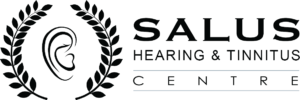

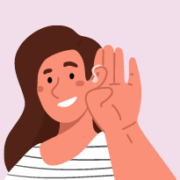
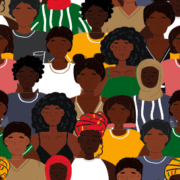

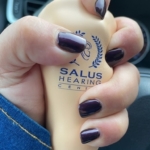

Leave a Reply
Want to join the discussion?Feel free to contribute!